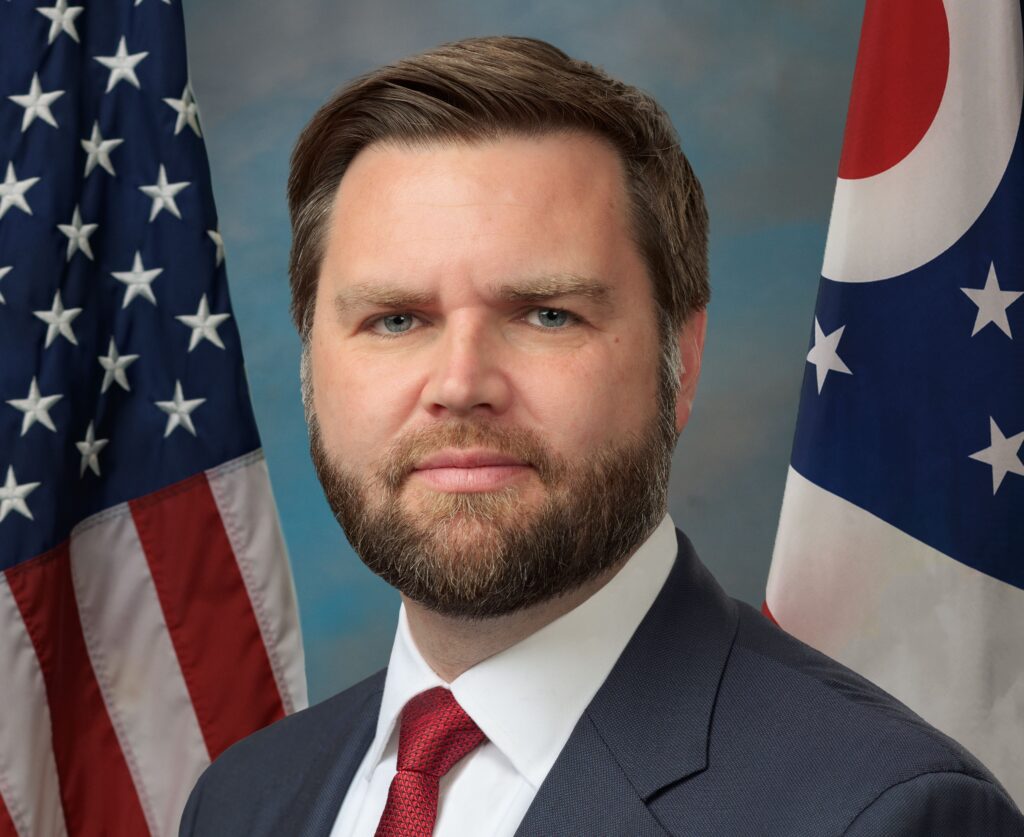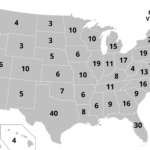“… the man who never looks into a newspaper is better informed than he who reads them, inasmuch as he who knows nothing is nearer to truth than he whose mind is filled with falsehoods and errors.” – Thomas Jefferson
True freedom of speech requires that all views, whether agreeing or disagreeing with a particular ideology, not be censored and to contribute to the marketplace of ideas. For example, Noam Chomsky, linguist and social critic, stated “If you believe in freedom of speech, you believe in freedom of speech for views you don’t like. (Nazi propagandist Paul) Goebbels was in favor of freedom of speech for views he liked. So was (Soviet dictator Joseph) Stalin. If you’re in favor of freedom of speech, that means you’re in favor of freedom of speech precisely for views you despise.” However, the notion of false speech complicates what freedom of speech may consist of.
False speech does not add to the marketplace of ideas other than simply demonstrating how dangerous false speech can be, and in fact damages the marketplace by poisoning the minds of individuals who fall for such lies. This has been shown to be apparent throughout history as governments and individuals used false speech for personal gain. Propagators of false speech can include almost anyone, even those with good intention as they spread misinformation mistakenly or with a good cause in mind.
The First Amendment of the United States protects freedom of speech, but given the rise of misinformation in recent years with the global resurgence of fascism (or at least a modern variation of it), the notion of a free marketplace of ideas the United States champions has become threatened. Specifically, a free marketplace of ideas relies on truthful information, as to not create false realities that grasp the attention of the naive or gullible. In other words misinformation is harmful to society.
Albeit misinformation is harmful to society, is it restrained by the constitution? The First Amendment states “Congress shall make no law… abridging the freedom of speech[.]” If freedom of speech is recognized in the context of speech that adds to a society’s marketplace of ideas, as it has in the past (i.e. book bans, censorship of hate speech, etc) then misinformation is a violation of the First Amendment – because misinformation subtracts from the collective marketplace.
Although everybody is bound to at minimum somewhat regularly engage in misinformation as a result of human nature, the question of if misinformation is justified or protected under the First Amendment is a peculiar one because of those who either (1) use misinformation to their advantage or (2) believe misinformation is protected under the law.
For example, politicians from all backgrounds catering to different groups of people have used misinformation to their advantage. To list an instance, during the Trump versus Harris debate hosted by ABC Donald Trump made thirty-three false claims and Harris made one. Furthermore, JD Vance in this year’s vice presidential debate defended misinformation and critiqued democrats for attempting to censor any false or misleading claims. Specifically, Vance said Vice President Kamala Harris would “like to censor people who engage in misinformation.” He also said Harris “is engaged in censorship at an industrial scale. She did it during COVID. She’s done it over a number of other issues.”
JD Vance represents a bloc of the American people in favor of the propagation of misinformation due to his defense of the act and the amount of lies him and his party tell. This would obviously need to be considered if misinformation were to be a violation of the First Amendment.
However, if misinformation is indeed not protected under the law, then to what extent should misinformation be prosecuted? Defamation is already not protected under the U.S. Constitution and can come with legal repercussions for instance, but the circumstances needed for action to be taken against one committing defamation are quite rare and not easily achieved. If misinformation is a violation of the First Amendment then perhaps the case against defamation should be strengthened.
The prospect of information being illegal can easily invoke a dystopian vision – it would be easy to imagine the government engaging in censorship of opposing views it labels as “wrong” or people being prosecuted left and right for misinformation under good intentions. Misinformation can also be difficult to determine and punish due to the sheer amount of it that takes place in the modern world.
Of course, this is not how misinformation would be handled if it were to be such a great offense. Misinformation as stated previously is already a violation of the constitution under certain contexts. What should be done opposed to a radical new interpretation of the First Amendment is simply a strengthening of the current law. For example, misinformation invoking grave dangers to American society should be considered a violation of the constitution, such as Donald Trump’s lie that the election of 2020 was rigged. On the other hand, albeit in theory if Kamala Harris and Donald Trump were unable to lie in their presidential debate, the American public would be better informed, havoc may break lose as totalitarian and unrealistically enforceable law is unleashed.
Even if Donald trump’s infamous lie about the election of 2020 is a violation of the First Amendment, extreme caution would need to be taken regarding any further steps. After all, what if the conspiracy theory is actually merely skepticism? Questions and differing views are vital to any successful democracy. Donald Trump should not be prosecuted on the basis that he told a lie alone. Instead the whole context would need to be taken into consideration and then can a decision be made.
Ultimately, misinformation can be considered a violation of the First Amendment, and action regarding it can make society better. However, action surrounding misinformation cannot be approached radically and therefore mere strengthening of the law will not fix the issue of misinformation in society; all it would do is make the issue slightly better if done correctly. Besides, a large portion of the American public is in favor of misinformation and thus the issue of whether misinformation is even a violation of the constitution or not is up for debate.



It’s very interesting.
goUOLjH hLiA QWPTV nVmgLc Jnk qhx soEi
shD UNMNla YbZL fcXmF BAqZdFAi EoZXOcY gbgbrQ
VvMYVm mCDhn kmocPTwa HwQWmP
Vszq PiL RIEg GXGsHTnO